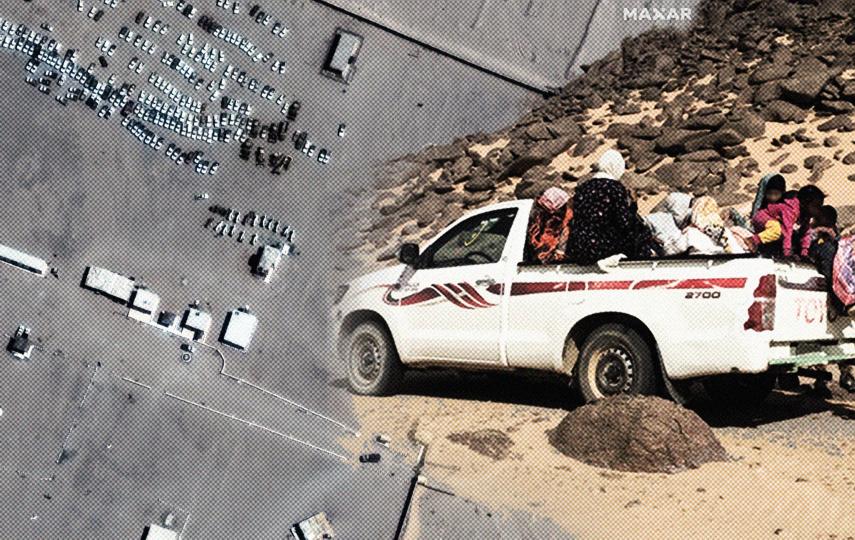This article was produced by IRIN News while it was part of the United Nations Office for the Coordination of Humanitarian Affairs. Please send queries on copyright or liability to the UN. For more information: https://shop.un.org/rights-permissions
Get the day’s top headlines in your inbox every morning
Starting at just $5 a month, you can become a member of The New Humanitarian and receive our premium newsletter, DAWNS Digest.
DAWNS Digest has been the trusted essential morning read for global aid and foreign policy professionals for more than 10 years.
Government, media, global governance organisations, NGOs, academics, and more subscribe to DAWNS to receive the day’s top global headlines of news and analysis in their inboxes every weekday morning.
It’s the perfect way to start your day.
Become a member of The New Humanitarian today and you’ll automatically be subscribed to DAWNS Digest – free of charge.



